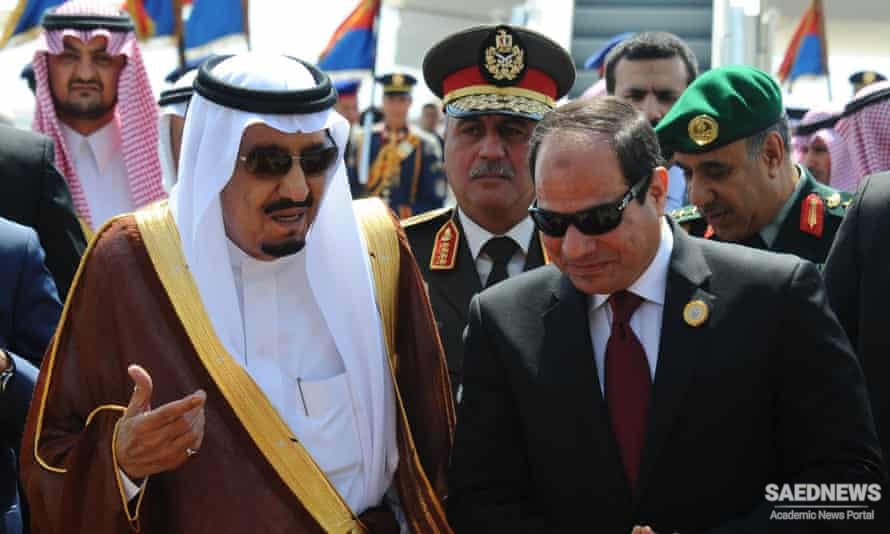It has also been a curse, in that it made it unnecessary for these societies to embark on economic development and thus enabled them to avoid the political consequences of such development. All Americans are familiar with the slogan: “No taxation without representation.” What we sometimes forget is that the converse is also true: No representation without taxation. Middle Eastern rulers with oil wealth at their disposal do not need to levy taxes from their own people. They, therefore, do not need to have elected assemblies help them in that process. This gives them power over their subjects without parallel in societies where governments depend on subjects both able and ready to pay taxes. Oil wealth has sometimes also made it possible to give enormous power and infl uence to what otherwise might have been marginal fringe groups. The power and infl uence of the Wahhabis in Saudi Arabia, and from there in much of the Islamic world, is an obvious example.
Another problem was the low esteem in which trade and traders came to be held in the post-classical period, in much though by no means all of the Muslim world. The higher ranks of society were the military, the bureaucrats, and the religious establishment, and effective political power was usually shared or disputed among these. With rare exceptions, notably the earlier period, merchants were held in low esteem, especially when, as oft en happened in late medieval and early modern times, those merchants were not Muslims but members of the religious minorities, Jews, and to an increasing extent, Christians, primarily of Eastern churches. The earlier respect accorded to merchants in the traditions of the Prophet seems to have been forgotten.
Another element, much discussed especially in more recent times, is that of corruption. This does not seem to have been an important issue in early times. It first becomes prominent in the 16th century and has been linked, not implausibly, with the inflow of American silver and later gold, and the consequent collapse of indigenous currencies. From then on, it seems to have become an inescapable part of the process of modernization and is rampant in modern times. All societies, unfortunately, have their own distinctive forms of corruption, of mixing money and power. In the Western democracies, one makes money in the marketplace and then uses that money to buy power or, at least, access or infl uence. In much of the East today, the more usual sequence is to seize power, usually by force, and then use that power to acquire money. Morally, there would appear to be litt le to choose between the two methods, but the latt er probably does more damage, both in politics and in the economy.


 Boiling Point: Hostility, Regional Conflicts and Global Crisis
Boiling Point: Hostility, Regional Conflicts and Global Crisis














































